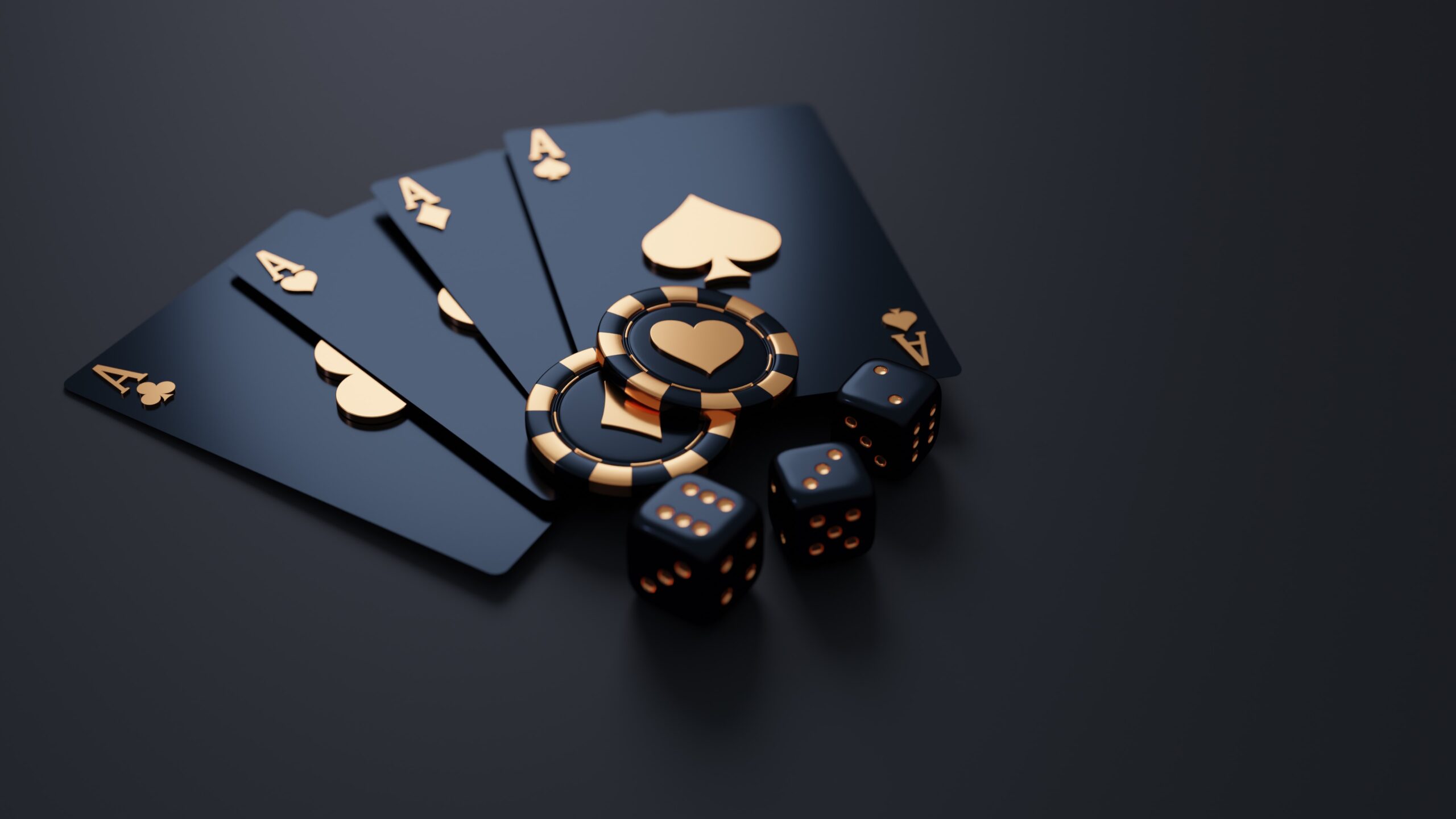The City of Sin, as it’s commonly known, Las Vegas has long been a haven for thrill-seekers, rolling the dice against chance in pursuit of fortune. The flashing lights of the slot machines, the spinning roulette wheels, and the tense silence around the poker tables have become iconic symbols of this gambling utopia. However, recent changes in the rules of blackjack at some Vegas casinos have stirred discontent amongst the loyal patrons of the game.
Blackjack Odds
The seemingly small adjustment from 3:2 to 6:5 payouts for blackjack has provoked an outcry from players, with many asserting that the house edge has been unfairly enhanced. The tradition of a 3:2 payoff for a blackjack, a face card or ten and an ace on the initial deal, has been a steadfast rule since the game’s inception. This change to 6:5 payout effectively increases the house edge from 0.5% to nearly 2%.
This may not seem like a significant adjustment, but in a game where margins are paper-thin, this incremental increase could mean millions of dollars in additional earnings for the casinos. It’s worth noting that this change affects primarily those who wager the table minimum, typically $10 or $15, with higher-stake tables continuing with the standard 3:2 payout.
Despite this new obstacle, blackjack remains a favoured choice for many. It’s not just about the thrill of the unknown or the lure of a quick win, blackjack is a game of strategy and skill, and therein lies its attraction. The players, seasoned and novice alike, relish the challenge of using their wits against the house.
The players’ concern comes from a justifiable place, however. Blackjack, alongside craps and baccarat, is regarded as one of the casino games offering the best odds to the players. The implementation of the 6:5 payout seems to dilute that edge, tipping the scales further in favour of the house.
This alteration in the traditional rules of blackjack is a reminder of the unwritten rule of gambling – the house always has the edge. Be it slot machines, roulette, poker, or blackjack, the odds are always skewed, ensuring that the casino turns a profit in the long run.
This scenario represents a fundamental dilemma in the casino business model – balancing profits with customer satisfaction. With a challenging economic landscape, it’s understandable that casinos are seeking innovative ways to boost their earnings. However, risking the ire of their loyal customer base might prove counterproductive in the long run.
Blackjack, Craps, and Baccarat
Games such as blackjack, craps, and baccarat, which have traditionally provided better odds to the players, have always been crowd favourites. This small adjustment in the rules of blackjack subtly shifts that balance. From a player’s perspective, they may feel they’re getting a raw deal, with the lure of the game significantly diminished.
The change might also affect the reputation of blackjack as a ‘thinking man’s game’. The introduction of the 6:5 payout rule could dissuade new players from trying out blackjack, fearing a higher house edge. Veteran players, on the other hand, might switch to other games that offer better odds.
Casinos must tread carefully in these waters. Changes that drastically affect the gameplay or significantly alter the odds might result in losing the trust of their patrons. In a time when competition is intense, with online casinos offering a number of options to gamblers, physical casinos need to retain their unique allure.
Casinos have always thrived on the human desire for thrill and the chance of scoring a big win. But they should not lose sight of the fact that their patrons are not just customers, but enthusiasts who love the game. Any changes made should respect this fact and maintain the delicate balance between the house edge and fair play.
As with any business, customer satisfaction should be paramount. The pursuit of increased profits should not compromise the quality of experience for the players. In the end, a satisfied customer is the most valuable asset for a casino. The conversation surrounding the 6:5 blackjack payout rule is a reminder of this essential business principle.
Photo by Eyestetix Studio on Unsplash

